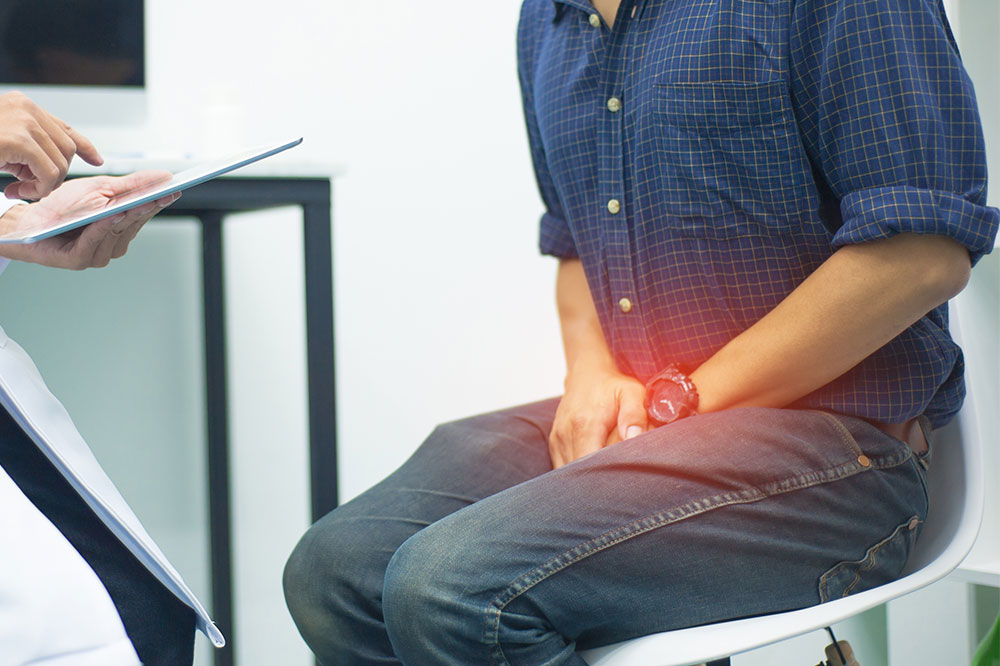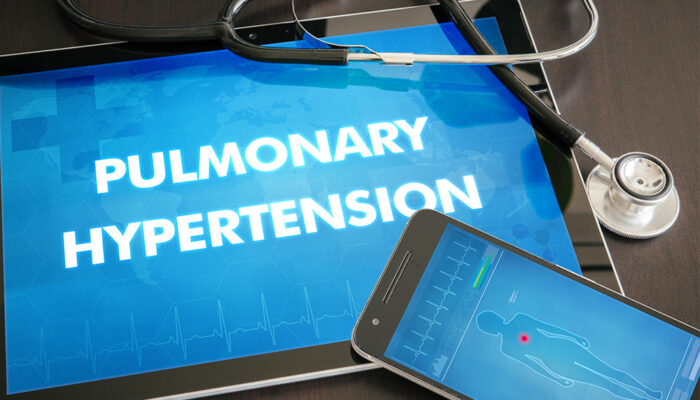
4 Major Symptoms of Prostate Cancer
The type of cancer that affects the prostate gland of men is known as prostate cancer. Like most types of cancer, it also does not cause symptoms in its initial stages. This article addresses the various signs and symptoms of prostate cancer that one might experience once the condition has reached its advanced stages. Knowing about these can help in earlier diagnosis and better treatment.
1. Problems with the urethra and bladder
This is one of the common signs and symptoms of prostate cancer at an advanced stage. It occurs when the tumor grows in size and begins pressing against the urethra and the bladder. The urethra is the tube that carries urine from the bladder to the exterior of the body. But, when the tumor starts pressing against it, there can be problems with urination since it will block the entrance of urine into the tube. Also, given the proximity of the two organs, the prostate and the bladder, the most common area for prostate cancer to spread is the bladder. This can add up to further problems with bladder functioning and urination. In such cases, symptoms such as increased visits to the bathroom, urinating in the middle of the night, discharge of blood with semen or urine, having the urge to urinate, but not passing anything, and incontinence are seen.
2. Loss of control over bowel movement
Although this does not happen commonly, prostate cancer can also spread to the bowel. First, the rectum gets affected since it is the part of the bowel closest to the prostate. If the cancer has spread to the bowels, it can cause various symptoms like stomach ache, blood with stool, and constipation.
3. Groin soreness
Once prostate cancer has advanced, it reaches the lymph nodes before moving to other distant parts of the body. Lymph nodes have the responsibility of filtering out the fluids and fighting infections in the body. The groin area has several of them, which are located near the prostate. So, it is common for them to get affected in case prostate cancer spreads. Once cancer cells reach the lymph nodes, they hamper their functioning and prevent the draining of the fluid. Due to this, the lymph nodes start to swell and make the groin area sore.
4. Swelling or weakness in the leg
When the cancer reaches the advanced stages, the cancerous cells start to outnumber healthy cells in the body. They accumulate and eventually form a tumor, which then puts pressure on various parts of the body, including the spinal cord. This causes a tingling sensation, pain, and swelling of the feet and legs. In addition to this, advanced prostate cancer can cause pain in the hip or back area.



